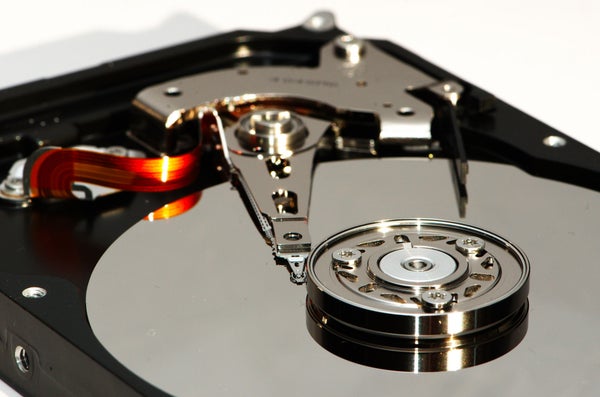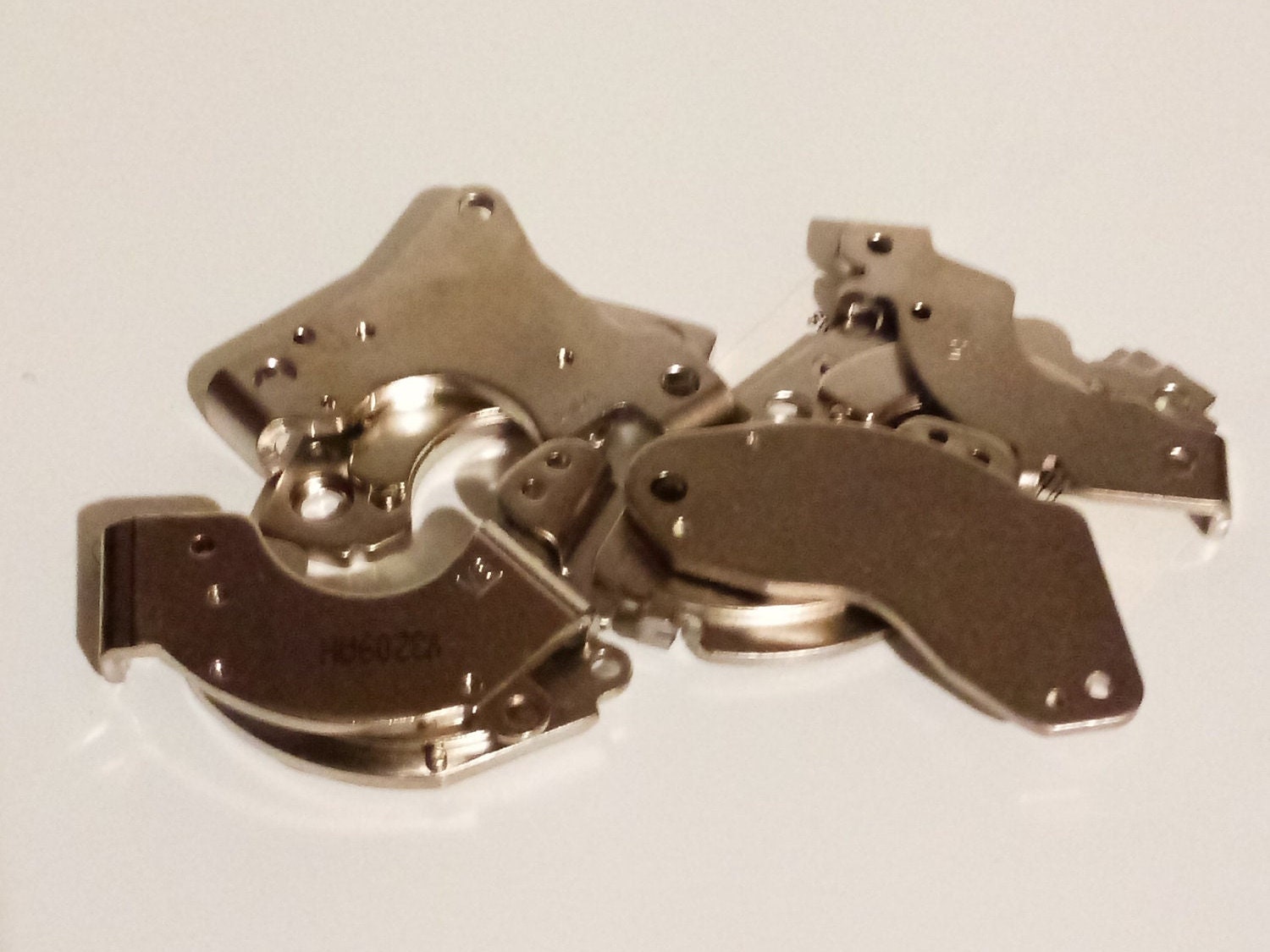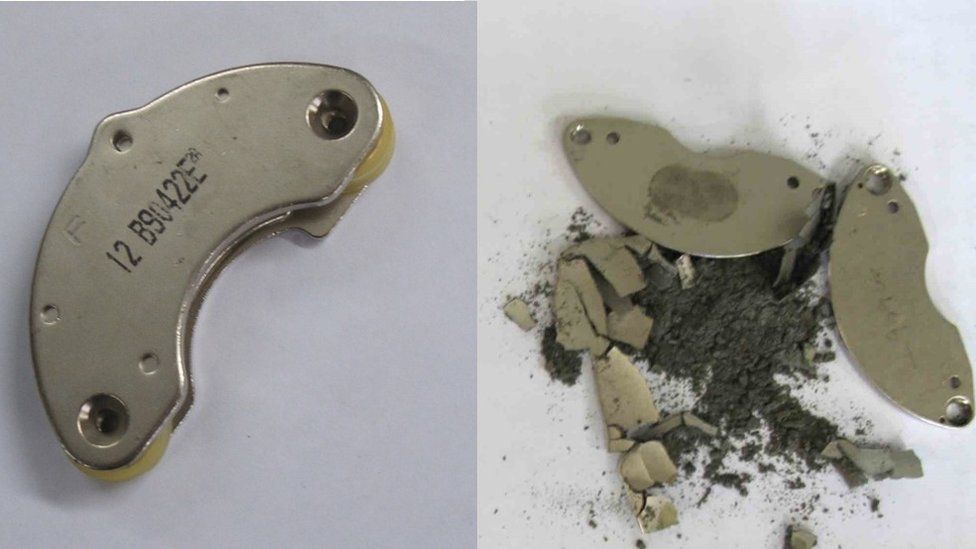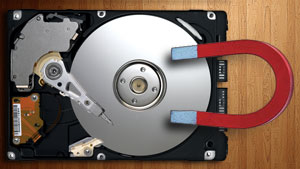
The use of hydrogen to separate and recycle neodymium–iron–boron-type magnets from electronic waste - ScienceDirect

Amazon.com: Bewinner Magnet Puller Upgraded Version Hard Disk Repair Tools Magnet Puller for Seagate//Maxtor/HGST for Mainstream Hard Drives on The Market Support 2.5 inch Hard Disk : Electronics

electromagnetism - How do permanent magnets manage to focus field on one side? - Physics Stack Exchange

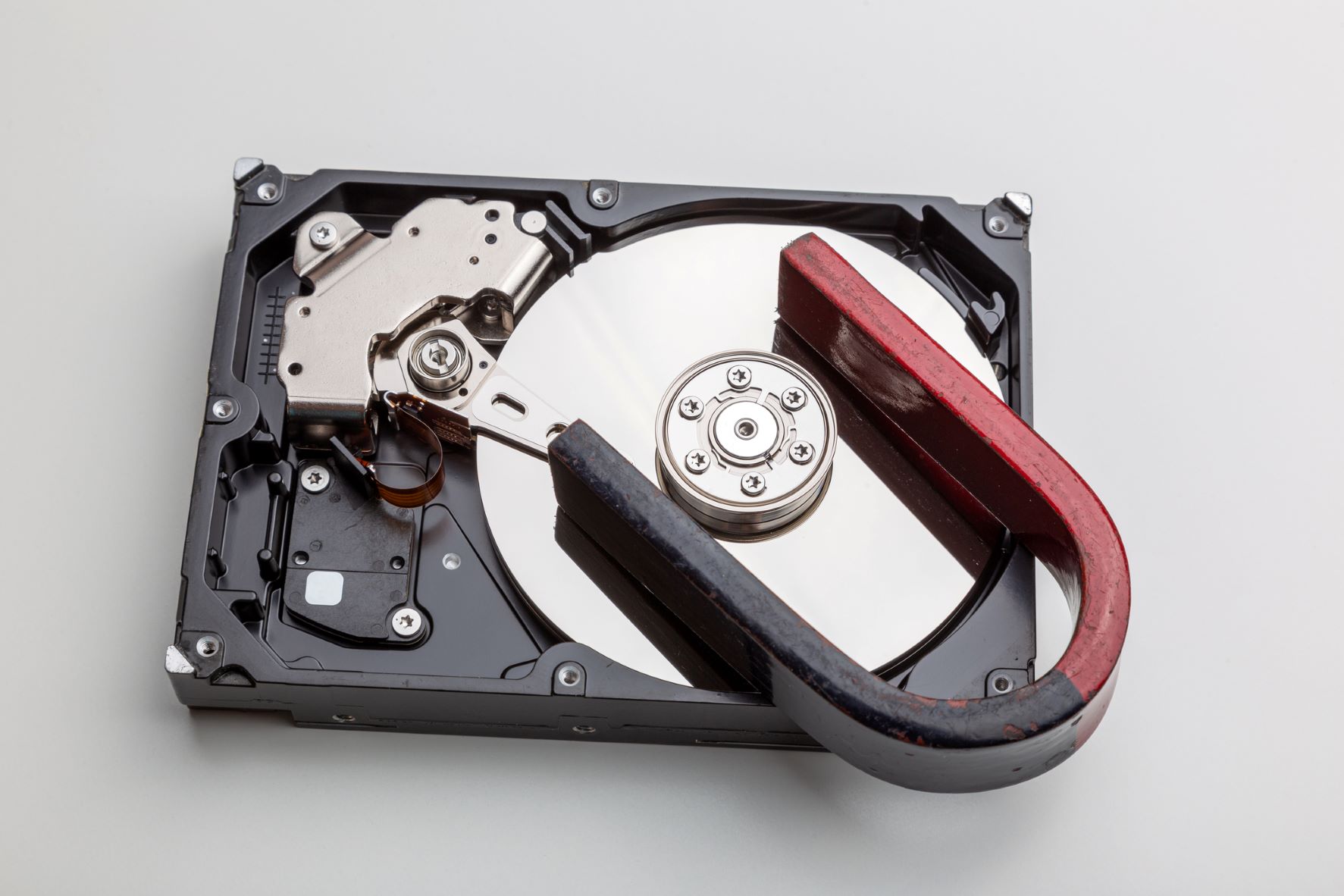
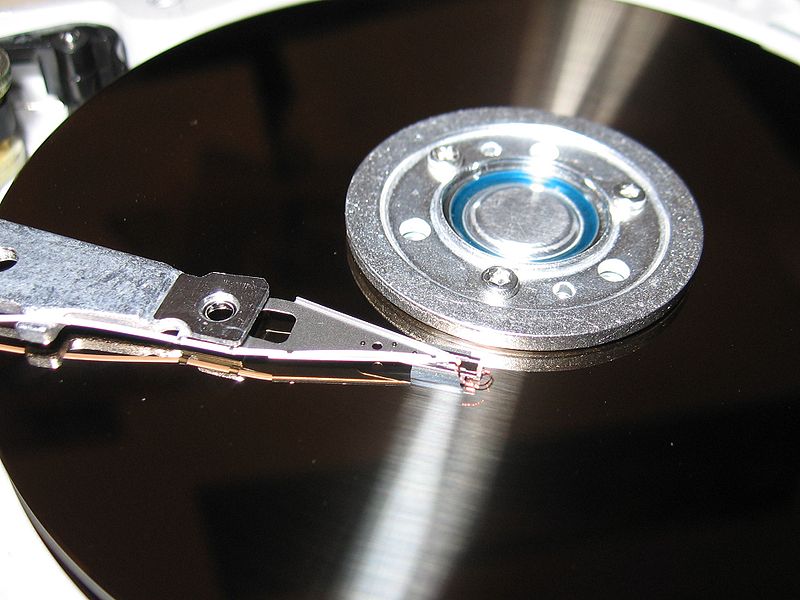

![Manual disassembly of Neodymium-Iron-Boron magnets [34]. | Download Scientific Diagram Manual disassembly of Neodymium-Iron-Boron magnets [34]. | Download Scientific Diagram](https://www.researchgate.net/publication/263550601/figure/fig2/AS:662757317812224@1535025066574/Manual-disassembly-of-Neodymium-Iron-Boron-magnets-34.png)




